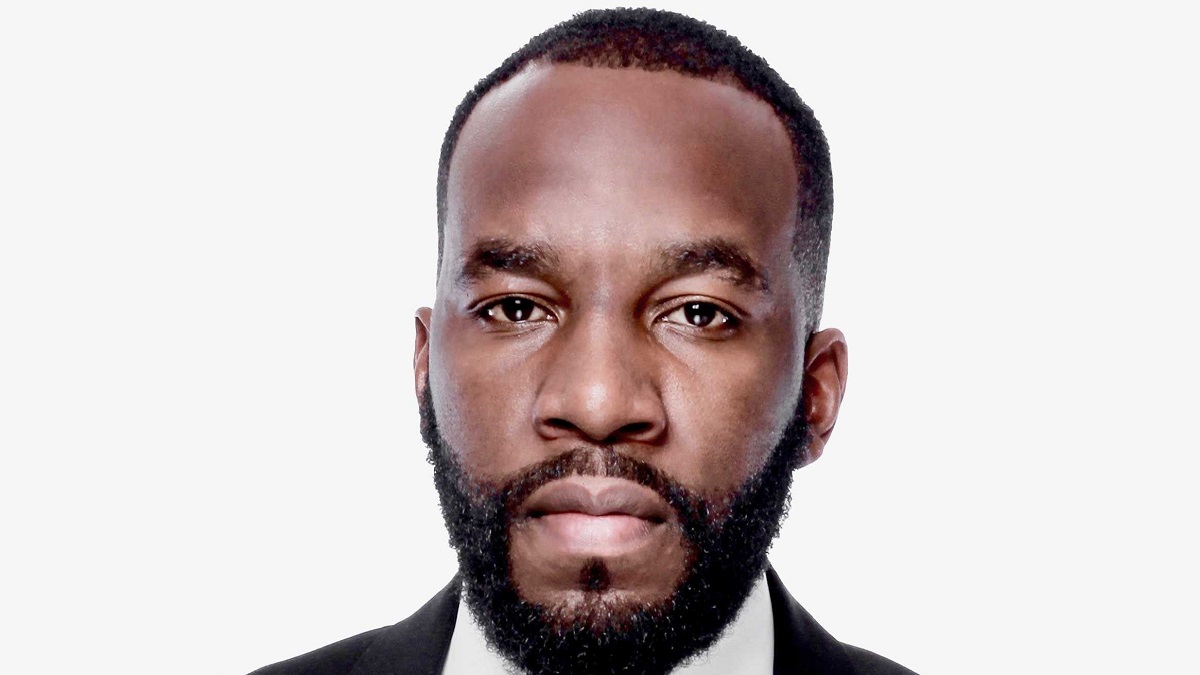In an exclusive interview with ECP, NAMCOR – the national oil company of Namibia – discusses its long-term strategic plan to establish value-added industries and secure its energy future
CAPE TOWN, South Africa, March 15, 2024/APO Group/ —
As the national oil company of Namibia, NAMCOR is committed to harnessing the country’s full hydrocarbon potential and is currently working with operators to appraise recent offshore discoveries. Last September, Energy Capital & Power (https://EnergyCapitalPower.com) spoke with Former Managing Director Shiwana Ndeunyema about NAMCOR’s new long-term strategic plan, which aims to leverage oil and gas reserves to establish associated mid- and downstream industries, with a view to achieving domestic energy security, reducing petroleum imports and becoming an integrated energy player.
What are NAMCOR’s current areas of focus?
NAMCOR is a dynamic entity poised to make a significant impact on the global energy landscape. Our vision is to transform into an international energy company, leveraging on the recent oil finds while honoring the dual priority associated with the global energy transition. As an integrated player in the energy sector, NAMCOR is actively engaged in the upstream and downstream sectors, with a recent focus on sustainable energies.
In the downstream, NAMCOR plays a pivotal role in contributing towards the security of supply of petroleum products for Namibia, in line with the National Energy Policy of 2017. Our downstream focus is on the importation of petroleum products, storage of these products in various NAMCOR-operated strategic storage facilities, supply of product to various B2B commercial customers, including mines and government agencies, as well as the supply of products to NAMCOR-branded retail service stations. NAMCOR’s medium-term goal is to integrate its traditional downstream business with sustainable energies such as solar electrification of our facilities and retail sites, exploring small-scale LNG, etc., in line with our ambition of becoming a fully integrated energy company.
In the upstream space, NAMCOR focuses on its mandate to harness the hydrocarbon potential of Namibia by conducting oil and gas exploration, development and production activities, which we do either alone or with our joint venture partners. Our current focus is on influential participation in the appraisal of the recent oil discoveries, their ESG-conscious development and eventual sustainable production, driving the country’s objectives to ensure maximum derivation of socioeconomic benefits and energy security for our nation and the African nation at-large. In summary, NAMCOR’s trajectory is one of purposeful growth and strategic engagement. We are steadfast in our pursuit of becoming a global energy force, while remaining firmly rooted in our responsibility to fortify energy security for Namibia and Africa.
Is NAMCOR considering expansion outside of the local market?
NAMCOR’s strategic outlook extends beyond its local market, with a focus on exploring expansion opportunities that align with our mission and capabilities. Presently, we have embarked on operations in the export market, specifically through our petroleum product sales, leveraging Namibia’s position as a logistics corridor hub for the Southern African Development Community region. NAMCOR’s upstream expansion in the international arena seeks to accelerate the development of the company’s dynamic capabilities and operatorship experience, while securing long-term revenue in preparation for technical and financial obligations in the Namibian discoveries. To this end, NAMCOR, through its jointly-owned international subsidiary, Sungara Energies, has previously signed a sale and purchase agreement to acquire equity in a robust oil-producing asset in Angola – a transaction that we envision to be completed this year.
What role will alternative fuels play in the commercial and industrial market?
The role of alternative fuels in the commercial and industrial market is an imperative consideration as we navigate the complexities of the global energy landscape. NAMCOR recognizes the significance of these alternative options, which are set to play an increasingly vital role as the world accelerates its transition towards more sustainable energy sources. However, it’s important to acknowledge that this transition doesn’t negate the valuable role that oil and gas will continue to play in driving the socioeconomic growth of Namibia – and specifically, the African economy – through immediate and tangible benefits in terms of energy security, job creation, industrialization, economic development and indirect socioeconomic benefits. Alternative energies present an opportunity for countries like Namibia to harness their sustainable natural resources, such as wind and solar, to develop green hydrogen and other synthetic fuels to become key energy exporters to the regional and international markets, while fueling local development and industrial benefits.
How can oil and gas infrastructure be leveraged to establish a downstream industry in Namibia?
The discoveries present an excellent opportunity for developing, and eventually scaling, Namibia’s upstream oil and gas infrastructure, such as the Kudu gas pipeline and potential LNG facilities – a project whose FID is expected within the next 18 months. It is usual that upstream infrastructure benefits the host country not only in terms of providing tangible benefits in the form of long-term job creation, but also through multiple opportunities for spin-off industries including downstream activities. Specifically related to the gas discovery and the associated gas in the oil discoveries, Namibia is set to become energy self-sufficient through gas-to-power facilities, world-class LNG hubs and other small-scale LNG to service the local mines.
Therefore, upstream oil and gas infrastructure will be a key driver in fostering increased investment in the downstream energy sector. NAMCOR’s position is that a holistic perspective on the entire oil and gas value chain should guide our endeavours to maximize benefits for both the company and the nation. The overarching goal is to optimize the efficiency of these sectors and harness the full potential of both the upstream and downstream energy spaces.
The 2023/2024 financial year marks the fifth and final year of the NAMCOR Integrated Strategic Business Plan (ISBP). We have commenced with the development of a new strategic plan that sets the scene for NAMCOR’s strategic direction. With the recent oil discoveries, the strategic planning horizon will now consider 10-15 years. This new Master Plan creates an opportunity for NAMCOR to leverage the oil discoveries to identify opportunities further midstream and downstream, specifically understanding how a business case can be developed around NAMCOR’s core competencies in the downstream space.
Distributed by APO Group on behalf of Energy Capital & Power.


 Energy4 days ago
Energy4 days ago
 Business4 days ago
Business4 days ago
 Business4 days ago
Business4 days ago
 Energy3 days ago
Energy3 days ago
 Business4 days ago
Business4 days ago
 Business4 days ago
Business4 days ago
 Energy4 days ago
Energy4 days ago
 Energy3 days ago
Energy3 days ago












